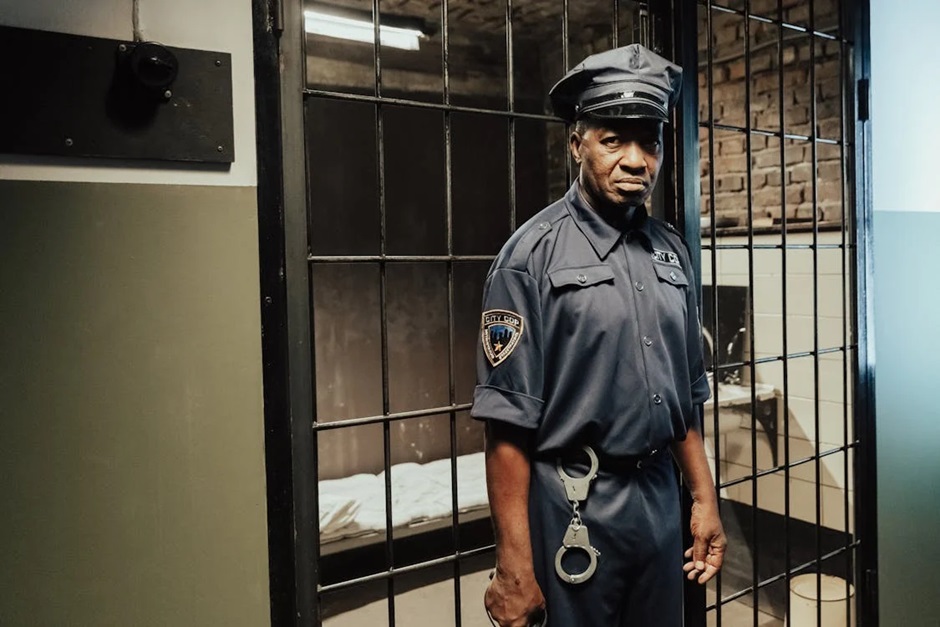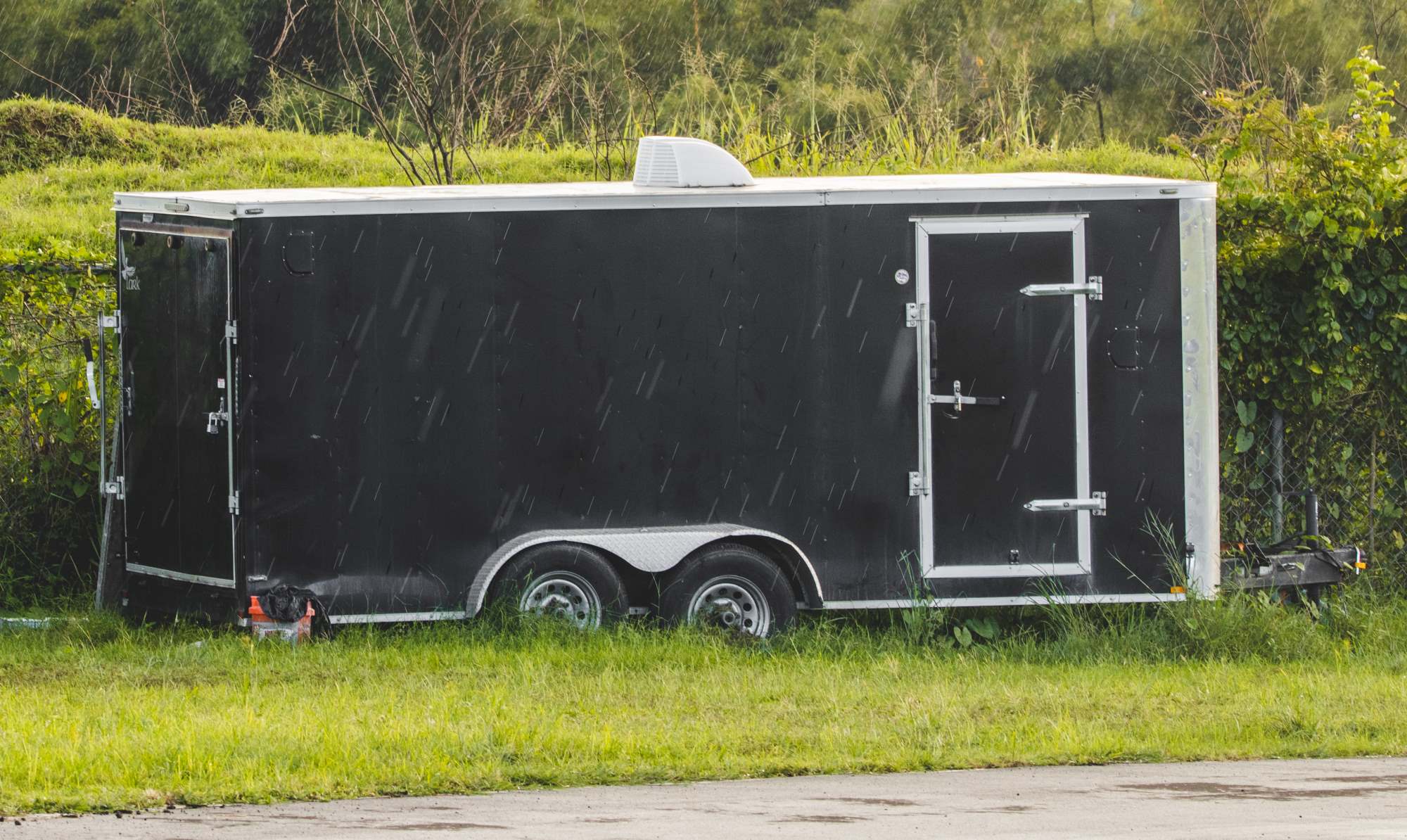In today’s world, the presence of security officers has become essential for maintaining safety and order in various environments. Among the many types of security personnel, armed security officers hold a significant position due to their specialized training and ability to handle high-risk situations. This post explores the role, responsibilities, and importance of armed security officers in ensuring public and private safety.
Understanding the Role of an Armed Security Officer
Who is an Armed Security Officer?
An armed security officer is a trained professional who is authorized to carry firearms while performing their duties. These officers are typically employed by private security companies, government agencies, or corporations to provide a higher level of protection compared to unarmed security personnel. Their presence acts as a deterrent to potential criminal activities and ensures quick response to any security threats.
Training and Certification Requirements
Armed security officers undergo rigorous training to qualify for their roles. This training includes firearm proficiency, legal and ethical considerations, emergency response tactics, and physical fitness. Certification requirements vary by region, but they generally include passing background checks, completing training courses, and obtaining a license to carry a firearm.
Key Responsibilities of Armed Security Officers
Maintaining a Safe Environment
One of the primary responsibilities of armed security officers is to maintain a safe environment for individuals and property. They patrol designated areas, monitor surveillance systems, and perform security checks to prevent unauthorized access and detect suspicious activities. Their presence alone can deter criminal behavior, providing peace of mind to those within their protection.
Responding to Emergencies
Armed security officers are trained to respond swiftly and effectively to various emergencies, including armed intrusions, fire outbreaks, and medical emergencies. Their ability to handle firearms allows them to neutralize threats quickly, potentially saving lives and minimizing damage. Additionally, they are often trained in first aid and CPR, enabling them to provide immediate assistance in medical emergencies.
Conflict Resolution and De-escalation
While armed security officers are equipped to handle violent situations, their primary goal is to de-escalate conflicts whenever possible. They use communication skills and conflict resolution techniques to defuse tense situations without resorting to force. This approach not only reduces the risk of harm but also promotes a safer and more respectful environment.
The Importance of Armed Security Officers in Various Settings
Corporate and Business Environments
In corporate and business settings, armed security officers play a crucial role in protecting employees, clients, and assets. They ensure that only authorized personnel have access to sensitive areas, conduct regular security audits, and respond to security breaches. Their presence helps maintain a secure working environment, which is essential for productivity and business continuity.
Educational Institutions
Schools and universities benefit significantly from the presence of armed security officers. These officers help create a safe learning environment by preventing unauthorized entry, monitoring campus activities, and responding to potential threats. Their presence reassures students, parents, and staff, contributing to a sense of security within educational institutions.
Public Events and Venues
Large public events and venues, such as concerts, sports events, and festivals, often require the expertise of armed security officers. These officers manage crowd control, perform security checks, and respond to any incidents that may arise. Their role is critical in ensuring the safety and enjoyment of attendees, as well as protecting the event organizers’ interests.
The Ethical Considerations of Armed Security
Balancing Security and Privacy
While armed security officers are essential for safety, it is important to balance security measures with respect for individuals’ privacy and rights. Officers must adhere to legal and ethical standards, ensuring that their actions do not infringe on personal freedoms. Transparency and accountability are key to maintaining public trust in security practices.
Continual Training and Development
To remain effective, armed security officers must engage in continual training and development. This includes staying updated on the latest security technologies, legal requirements, and best practices in conflict resolution. Ongoing education ensures that officers can adapt to evolving security challenges and provide the highest level of protection.
Conclusion
Armed security officers are vital in safeguarding various environments, from corporate settings to public events. Their specialized training and ability to handle high-risk situations make them indispensable in today’s security landscape. By understanding their role, responsibilities, and the importance of ethical considerations, we can appreciate the significant contribution of armed security officers to our safety and well-being.



